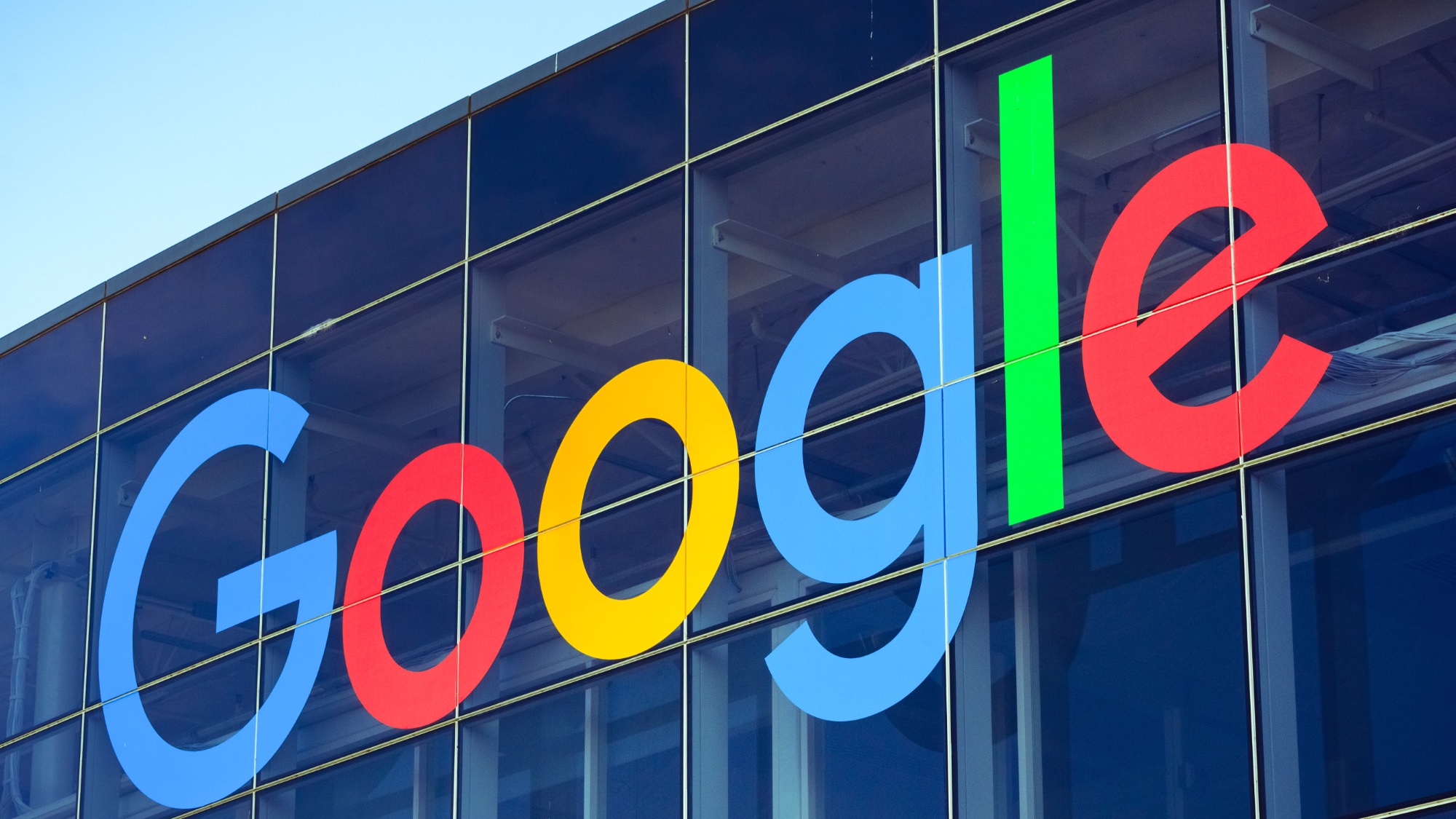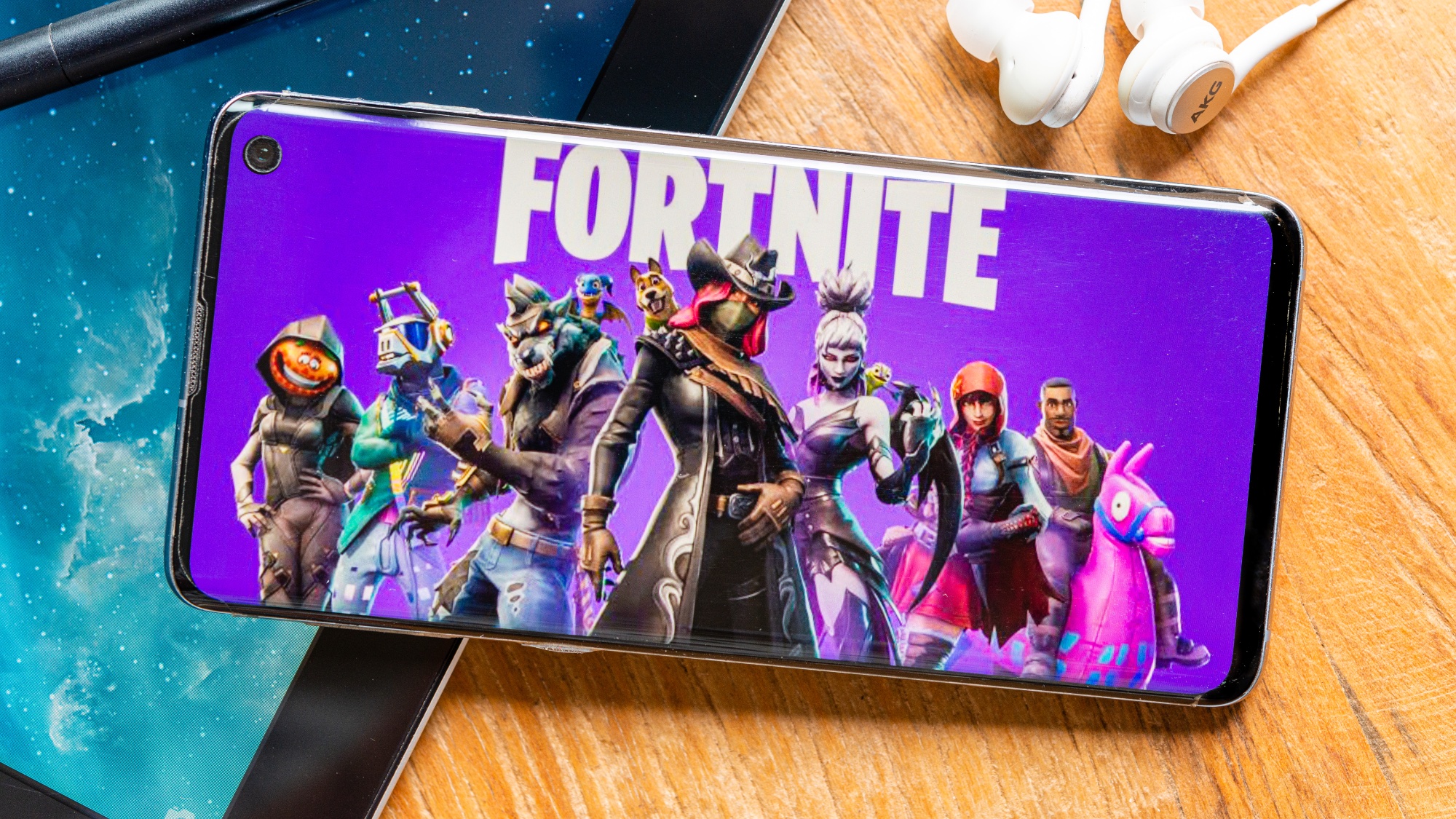Google loses monopoly case to Epic Games — what the ruling means for you
Freedom for developers to launch their own app stores could be coming

Google has lost its antitrust case against Epic Games, giving the Fortnite-maker its first big legal win since suing Apple and Google for allegedly running illegal app store monopolies.
The whole kerfuffle is years in the making. Back in 2020, Google and Apple removed Fortnite from their respective app stores after Epic began offering mobile players the option to purchase in-game currency, known as V Bucks, directly from Epic. This violated the app stores' policies, which require Apple and Google to get a percentage of these in-game sales on mobile.
Google collects a commission ranging from 15-30% on digital transactions completed within apps. Epic fired back with dual antitrust lawsuits accusing the tech giants of abusing their power to shield their stores from competition in pursuit of profit, using tactics that hurt consumers and developers alike.
Now, The Wall Street Journal reports that a federal court has ruled in Epic's favor in its suit against Google — a huge surprise given the game publisher ultimately lost its suit against Apple. That's because Epic v. Google turned out to be a very different case with some key distinctions that can account for the seemingly contradictory rulings.
A unanimous verdict against Google

But first, a recap of this week's news: A San Francisco federal jury found that Google's Android app store benefited from anticompetitive barriers that damaged both smartphone consumers and app developers. In a unanimous verdict, the jury ruled that Google "maintained monopoly power by engaging in anticompetitive conduct" on its Android app ecosystem and that Epic was injured by this behavior.
While it's clearly a win for Epic, exactly what the game publisher has won won't become clear until next year. U.S. District Judge James Donato, who's presiding over this case, will decide in the second week of January what the repercussions will be. Epic Games isn't suing for monetary damages (though it stands to make millions or even billions of dollars by circumventing Google's app store fees) but would like Judge Donato to rule that game developers have total freedom to create their own app stores and use their own billing systems on Android. Judge Donato, Google, and Epic will reconvene in January to decide how this impacts the Google Play ecosystem, The Wall Street Journal reports.
Google's already publicly confirmed plans to appeal the verdict, so this fight is far from over. But in the meantime, Epic is celebrating a hard-fought victory. In a Monday post on its company blog, Epic said:
Sign up to get the BEST of Tom's Guide direct to your inbox.
Get instant access to breaking news, the hottest reviews, great deals and helpful tips.
"Today’s verdict is a win for all app developers and consumers around the world. It proves that Google’s app store practices are illegal and they abuse their monopoly to extract exorbitant fees, stifle competition and reduce innovation."
Why Google failed where Apple succeeded
That Epic Games should win against Google but not Apple may come as a surprise. After all, the Google Play store isn't the only name in the game on Android, but one of several mobile storefronts that include rivals like Samsung — a fact that Google's lawyers frequently cited during the case. Whereas iOS is a walled garden with only Apple's App Store.
The seemingly contradictory rulings boil down to some key differences in each case. For starters, Epic's case against Google was decided by a jury, while the 2021 ruling in Apple's favor came from a federal judge. In Apple's case, Judge Yvonne Gonzalez Rogers ultimately decided that Apple wasn’t unfairly monopolizing the iOS ecosystem and its "considerable" power and profit margins did not necessarily amount to antitrust conduct, noting that "success is not illegal." However, Gonzalez Rogers did order Apple to remove its anti-steering policy aimed at banning developers from advertising to players their own alternatives to Apple's in-app purchase system.
Secondly, Epic v. Google hinged on some damning accusations against Google specifically. Namely, that Google's top brass worked to block rival app stores on Android in a secret revenue-sharing deal between the tech giant, smartphone makers and game developers. And that Google had it out for Epic Games in particular. According to internal communications between Google execs cited in the case, the company saw Epic Games' pushback as "a contagion effect" that threatened to turn Android's biggest game and app developers into "agitators" looking to avoid fees or ditch the Play Store altogether. Google forecast it stood to lose billions in revenue by the end of 2022 if the threat posed by Epic wasn't curtailed.
What the Epic v. Google ruling means for you
While there's a lot we won't know until next year, this week's win over Google could have serious implications for consumers. If you have one of the best Android phones, you could see a wider variety of mobile storefronts offered on Android as Google is forced to open up its ecosystem even more than it already has.
Judge Donato has already stated that he will not grant one of Epic’s requests: the addition of an anti-circumvention provision “just to be sure Google can’t reintroduce the same problems through some alternative creative solution,” as Epic lead attorney Gary Bornstein phrased it back in November. But Epic's other two requests — freedom for developers to launch their own app stores on Android without restrictions and freedom to use their own billing systems for in-game transactions from players — could be accomplished with a settlement agreement between the two companies. The judge pointed to the fact that Spotify has a similar deal with Google and can use its own billing system for Android users.
In the wake of the Apple ruling, Apple can no longer restrict in-app purchases and has to allow alternative payment methods on iOS. For Epic Games, that means selling in-game skins and items from Fortnite to Apple users without having to pay a 30% commission to Apple for each sale. Instead, Epic can direct gamers to its own website for those transactions. Or at least, Epic Games could do that if Fortnite were still on the App Store. Fortnite has remained blocked on the App Store since Apple first kicked it off back in 2020.
More from Tom's Guide

Alyse Stanley is a news editor at Tom’s Guide, overseeing weekend coverage and writing about the latest in tech, gaming, and entertainment. Before Tom’s Guide, Alyse worked as an editor for the Washington Post’s sunsetted video game section, Launcher. She previously led Gizmodo’s weekend news desk and has written game reviews and features for outlets like Polygon, Unwinnable, and Rock, Paper, Shotgun. She’s a big fan of horror movies, cartoons, and roller skating.
